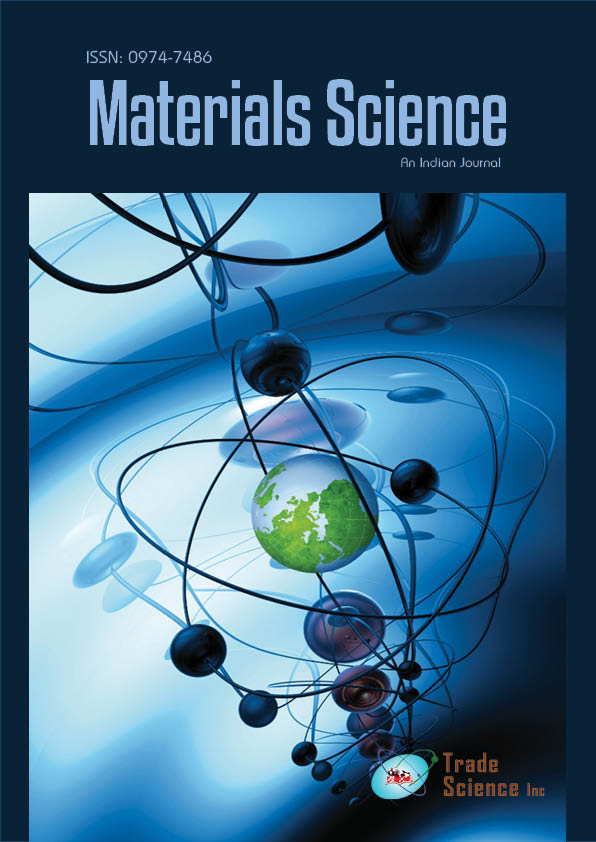抽象的な
Assessment of the Acidulation of Magnesium Oxide for the Production of Magnesium Nitrate Liquid Fertilizer
M. Rodr�?guez and H. Zea
The significant increase in demand of food and raw materials of vegetable origin requires the development of nutrients sources easily taken by plants to increase crop yields, which is possible through the use of fertilizers. Fertilizer is an organic or inorganic chemical substance of natural or synthetic origin, which contains one or more of essential nutrients and provide plants with the set of nutrients required for a proper development1,2. A mineral fertilizer is a product of inorganic origin, containing, at least one chemical nutrient needed by plants for its life cycle. Nitrogen is the main nutrient to be considered in terms of a proper fertilization; soil concentrations ranging between 200 to 250 ppm are frequently mentioned as the optimum. Economical and water soluble sources of nitrogen are potassium, calcium and magnesium salts along with ammonium nitrate or urea3,4.
